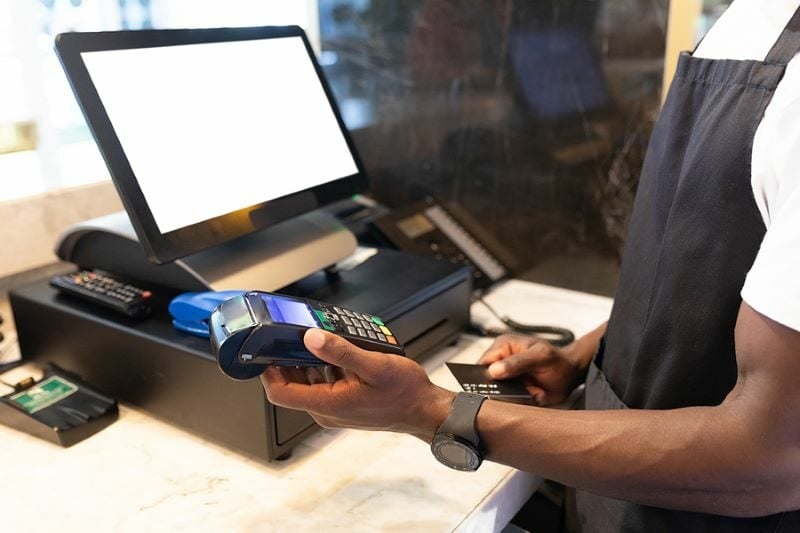Global payments company BPC has revealed that Chilean fintech Klap will use its SmartVista Suite technology to support payment processing across Chile.
Klap, which currently carries out more than 202 million annual transactions, plans to process in excess of 800 million transactions per year as a result of the partnership.
Using BPC’s SmartVista Suite, which has a merchant management and acquiring solution, Klap will be able to manage the payment processing of all the businesses affiliated with its e-wallet, integrating the services and solutions in a single platform.
“Although we have seen an ongoing increase in e-commerce usage in the region, the vast majority of spending by Latin American consumers still takes place in local stores,” Mauricio Fernández, director of operations for the Americas at BPC, said.
“These consumer habits demand a true digital transformation focused on offering customers the widest choice of payment services that are customisable, secure and easy to customise according to their needs.”
Klap was founded in 2007 as business network in Chile, which connects large and small companies with bank issuers and service providers through its terminals and technologies, with users of its e-wallet able to pay bills, top up mobile phones, make bank transfers and deposits, and shop online without the need for a payment card or bank account.
Formerly known as Multicaja, Klap’s customers can pay for online purchases with a bank transfer using the Multicaja network, or with cash at the 4,700 Multicaja outlets located throughout the country.
Levy Abud, technological innovation development head at Klap, added: “Digital payments are a priority for people and, today, businesses must develop solutions capable of meeting their demand.
“As a result of our alliance with BPC, we have incorporated the expertise and the appropriate technology that allows us to consolidate our offer throughout the Chilean territory and with which we hope to capture 12.5% of the acquiring market share by 2025.”










